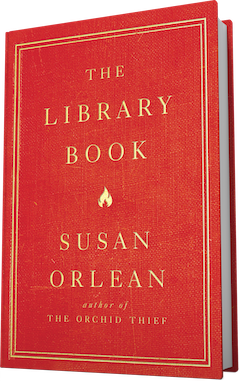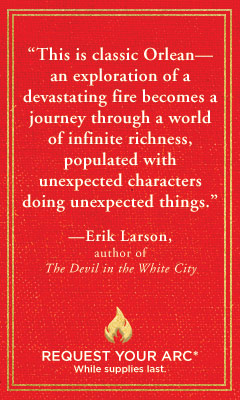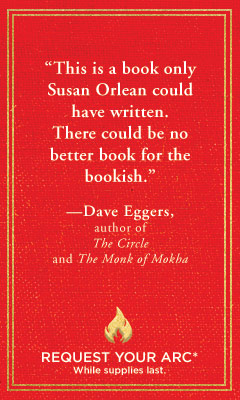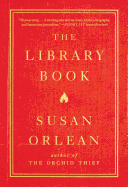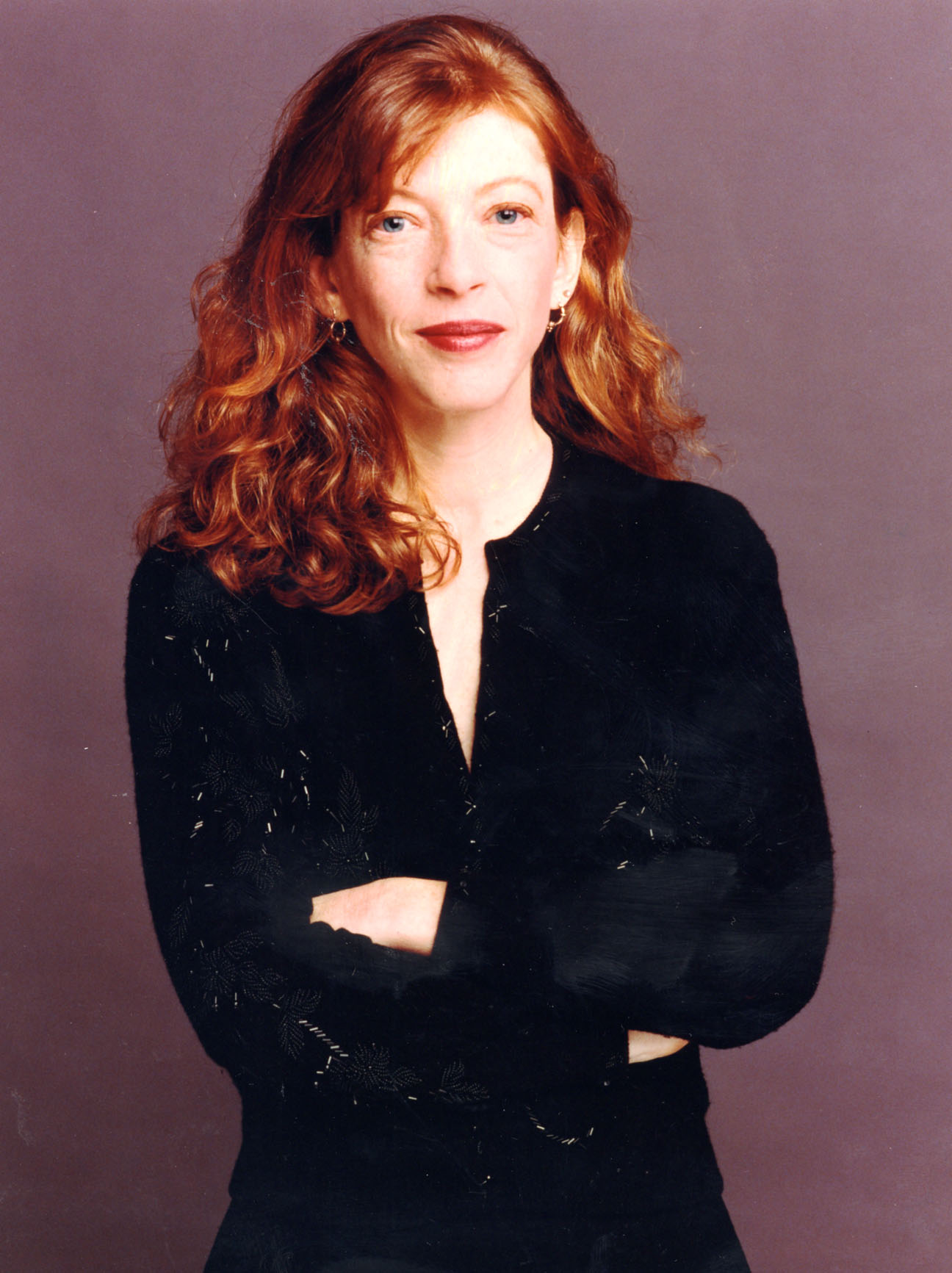The Library Book
by Susan Orlean
Susan Orlean, author of The Orchid Thief, Rin Tin Tin and many more, investigates another passionate subculture in The Library Book. This time, Orlean digs into the world of libraries, offering both a meditation on the value of libraries in a digital age and a deep dive into the history of the Los Angeles Public Library--with a particular focus on a fire at the LAPL in 1986 that destroyed almost half a million books and damaged 700,000 more. According to Orlean: "It was one of the biggest fires in the history of Los Angeles and the single biggest library fire in the history of the United States."
If you haven't heard of the fire, it's likely because it was buried in the news by the Chernobyl nuclear disaster. Orlean does exceptional work reconstructing the path and ferocity of the blaze, interviewing firefighters like then-captain Ron Hamel:
"In his decades with the department, Hamel fought thousands of fires, but he said he never experienced another that was as extraordinary as the fire at Central Library. Usually, a fire is red and orange and yellow and black. The fire in the library was colorless. You could look right through it, as if it were a sheet of glass.... It was so hot that it appeared icy."
The tragedy of the fire brought the city together in appreciation of the library, hundreds of volunteers showing up to help remove thousands of wet, smoky books that needed to be stored in huge industrial freezers until attempts could be made to salvage them. Here, Orlean evokes a common theme in the book, the civic engagement that libraries promote and inspire, a sense of community built out of a shared desire to preserve knowledge: "They created, for that short time, a system to protect and pass along shared knowledge, to save what we know for each other, which is what libraries do every day."
In the aftermath of the fire, people searched for an explanation. An arson investigation was launched that eventually located a prime suspect: Harry Peak, an aspiring actor and inveterate liar. Peak is perhaps the most intriguing character out of an outlandish cast. Orlean skips forward and backward in the library's history at will, but reserves plenty of space for Peak's ordeals. Peak spurred on suspicions about his culpability by telling multiple conflicting stories about what he was doing prior to and during the fire, even insisting that "a handsome fireman had carried him out of the building" after he helped an elderly lady escape. Investigators became convinced of his guilt, but concrete evidence never materialized. After descending into court battles with the city, Peak's story ends tragically with his death of complications from HIV/AIDS in 1993.
Orlean does not take a passive role in her book. She speaks to an arson investigator who raises doubts that the fire was caused by arson, pointing out the many accidental causes that also existed. She burns a book--a copy of Fahrenheit 451, naturally--and reflects on the role libraries have played in her own life. She also reports on the challenges that come with libraries' status as public institutions: "The publicness of the public library is an increasingly rare commodity. It becomes harder all the time to think of places that welcome everyone and don't charge any money for that warm embrace." That powerful "commitment to inclusion" leads to many of the challenges facing the modern incarnation of the LAPL and libraries in general, including their role as "a de facto community center for the homeless across the globe."
Orlean tracks the evolution of the LAPL over time, finding early examples of ambitious librarians who tried to make libraries into more than just a place to store books. One of The Library Book's implicit arguments for the value of libraries is the kinds of people they attract, especially employees, who seem a fiercely committed, often eccentric bunch, from the library's inception to the present day. The patrons are no less unusual, giving Orlean great material for anecdotes:
"For years, movie studios were major book-pinching culprits. Rather than simply checking out books they needed for their research--and thus having to abide by the due date--studios sometimes dispatched two assistants to the library to steal them. The scheme involved one of the assistants taking a position outside a window and the other pitching the desired book out the window to his or her counterpart. This happened so often that the library had an employee whose main job was to visit the studios on a regular basis to get the books back."
The Library Book is full of delightful little stories of this kind, as well as serious cogitation on the future of libraries. Without painting them as a utopia, Orlean is proudly pro-library, and her enthusiasm permeates every page. It's hard not to cheer for her vision of libraries as multifunction community centers. Her description of teen librarians is a good example: "Being a teen librarian is a slight misnomer. The librarians in the department view themselves as a hybrid of unofficial advice-givers, part-time disciplinarians, and homework coaches." Plus, librarians serve a vital purpose in the digital age by providing free access to computers and the Internet. With innovative programs like e-book lending on the rise, libraries look to expand their utility far into the future.
After reading The Library Book, it's easy to understand why Orlean would regard a library fire as such a tragedy. As Orlean writes: "Writing a book, just like building a library, is an act of sheer defiance. It is a declaration that you believe in the persistence of memory." The destruction of books becomes something more than burning paper; it becomes an attack on our cultural DNA. In The Library Book, the fire is an opportunity to reestablish the value of libraries as treasured public institutions. --Hank Stephenson



